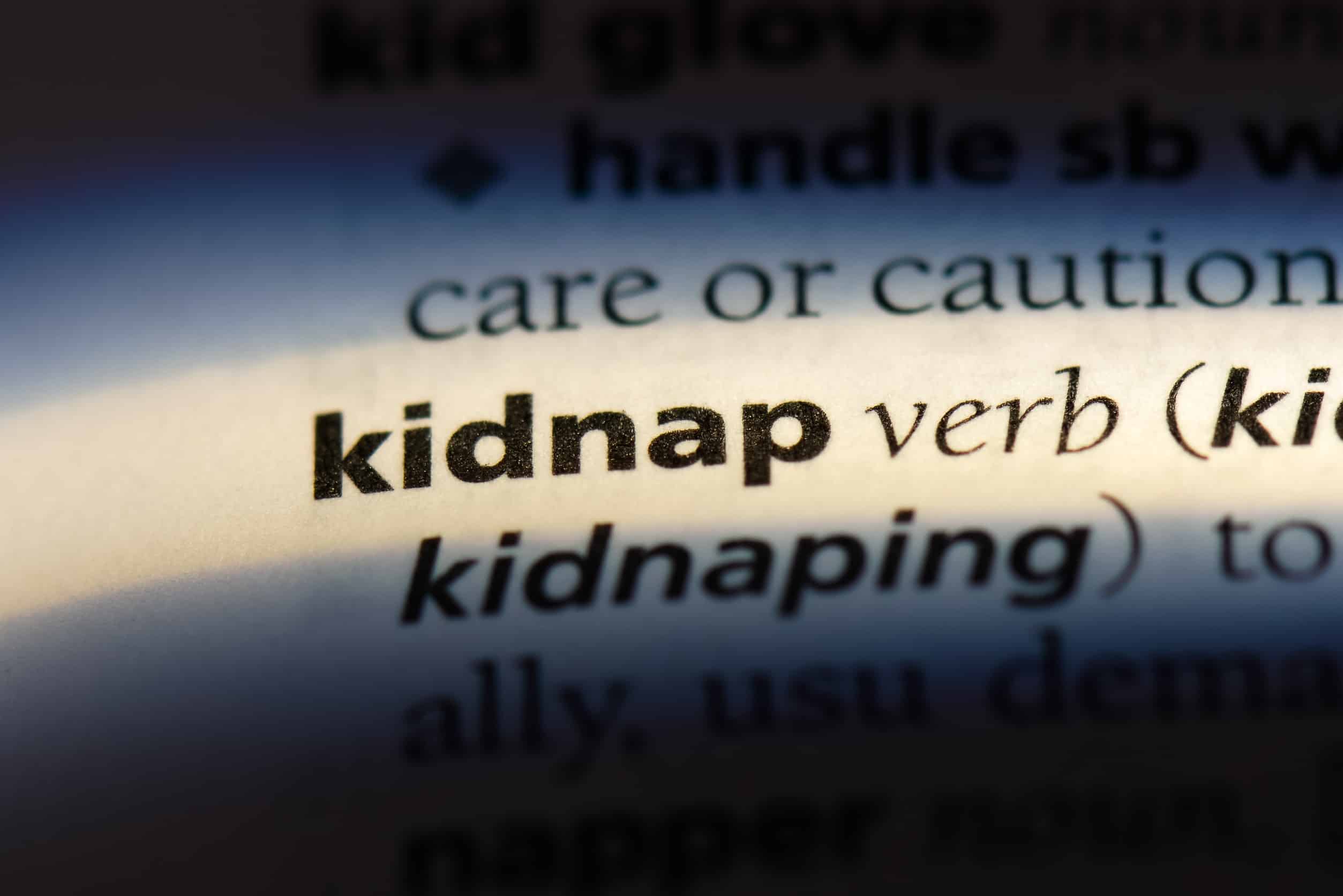Kidnapping is a serious offense that strikes fear into the hearts of communities and families. In Minnesota, kidnapping is defined as the unlawful confinement or removal of another person, often involving coercion, deception, or force. Understanding the legal definition of kidnapping, the elements required to establish a kidnapping charge, and the potential penalties involved are crucial for both the accused and the general public. In this blog, we will delve into the intricacies of kidnapping laws in Minnesota, shedding light on what constitutes kidnapping, the legal implications, and the importance of seeking legal representation from an experienced criminal defense lawyer.
Defining Kidnapping in Minnesota:
In Minnesota, kidnapping is codified under Minnesota Statutes § 609.25. According to the statute, kidnapping occurs when a person intentionally confines or removes another person from one place to another without lawful authority, against their will, and without their consent. The confinement or removal must be accomplished by force, threat of force, or deception, and the intent must be to hold the victim for ransom, as a shield or hostage, to facilitate the commission of a felony, to terrorize the victim or another person, or to commit a sexual offense against the victim.
Elements Required to Establish a Kidnapping Charge:
To establish a kidnapping charge in Minnesota, prosecutors must prove several elements beyond a reasonable doubt. These elements include:
- Intent: The defendant must have the intent to confine or remove the victim against their will.
- Lack of Consent: The victim must not have consented to the confinement or removal.
- Confinement or Removal: The defendant must have confined or removed the victim from one place to another.
- Use of Force, Threat, or Deception: The confinement or removal must have been accomplished by force, threat of force, or deception.
- Purpose: The defendant must have had one of the specified purposes for the confinement or removal, such as ransom, facilitation of a felony, or terrorization.
Potential Penalties for Kidnapping:
Kidnapping is considered a serious felony offense in Minnesota and is punishable by substantial penalties. The severity of the penalties depends on various factors, including the circumstances of the kidnapping, the age of the victim, and whether any aggravating factors are present. In Minnesota, kidnapping is categorized into several degrees:
- First-Degree Kidnapping: This involves kidnapping with the intent to hold the victim for ransom, as a shield or hostage, to facilitate the commission of a felony, to terrorize the victim or another person, or to commit a sexual offense against the victim. First-degree kidnapping is punishable by up to 40 years in prison and/or a fine of up to $50,000.
- Second-Degree Kidnapping: Second-degree kidnapping involves kidnapping without the intent specified for first-degree kidnapping. It carries a maximum penalty of up to 20 years in prison and/or a fine of up to $35,000.
- Third-Degree Kidnapping: This involves kidnapping committed with the intent to facilitate the commission of a felony, to inflict bodily harm or terrorize the victim or another person, or to hold the victim in a place of confinement. Third-degree kidnapping is punishable by up to 10 years in prison and/or a fine of up to $20,000.
The Importance of Legal Representation:
Given the severity of the penalties for kidnapping in Minnesota, it is imperative for individuals accused of this offense to seek legal representation from an experienced criminal defense lawyer. A knowledgeable attorney can provide essential guidance and support throughout the legal process, ensuring that the accused’s rights are protected and they receive a fair trial. Additionally, a skilled lawyer can thoroughly investigate the facts of the case, challenge the prosecution’s evidence, and develop a strategic defense strategy to achieve the best possible outcome for the accused. By enlisting the services of a competent attorney, individuals charged with kidnapping can effectively navigate the complexities of the legal system and work towards securing their freedom and future.
About the Author:
Christopher Keyser is an AV-Preeminent rated criminal and DWI defense attorney based in Minneapolis who is known for fighting aggressively for his clients and utilizing innovative tactics to get the most positive results. He has been featured in numerous media outlets due to the breadth and depth of his knowledge and has been named a Certified Specialist in Criminal Law by the Minnesota Bar Association. Mr. Keyser is Lead Counsel rated, and he has received recognition for his criminal law work from Avvo, Expertise, and Super Lawyers.







